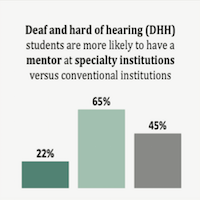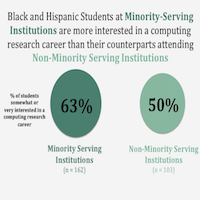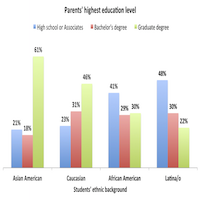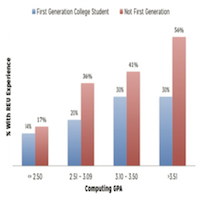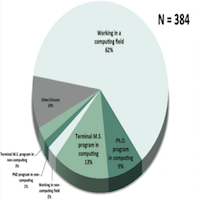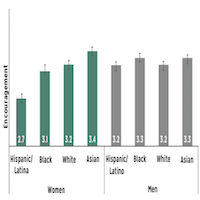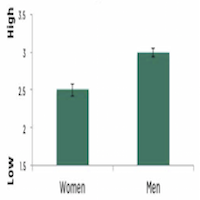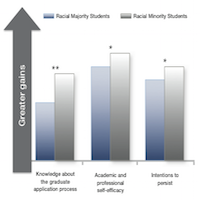
Computing Education Research Becomes a Research Area in CISE’s CAREER Proposals
This article briefly describes the proposed research in two new CAREER awards. These two awards represent a new area of exploration for CISE. Computing education research offers new opportunities for computer science departments and schools, and we also describe some of them.


